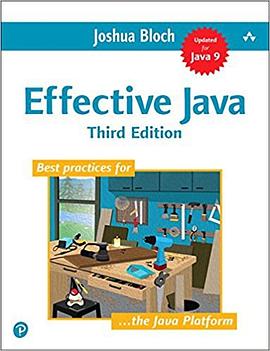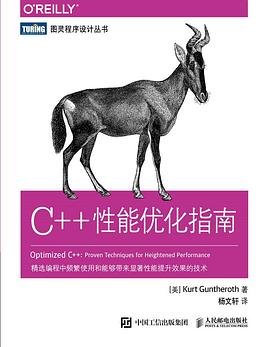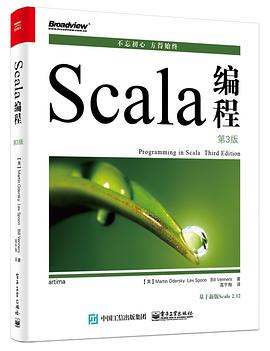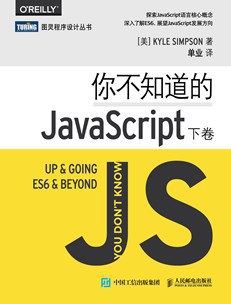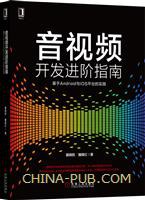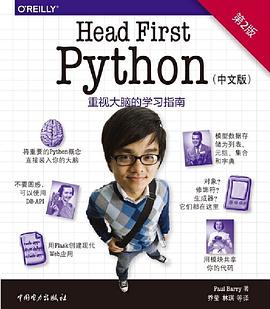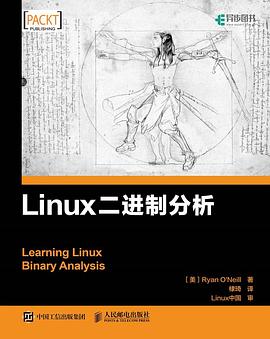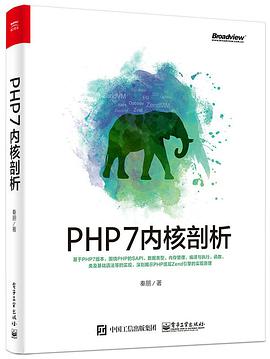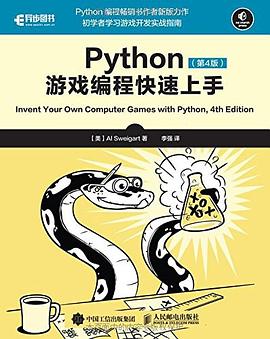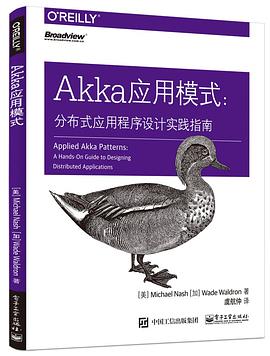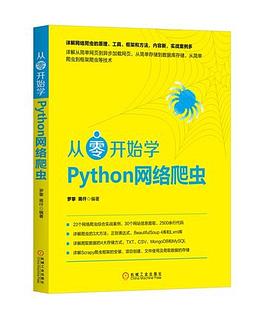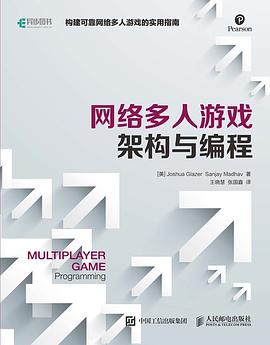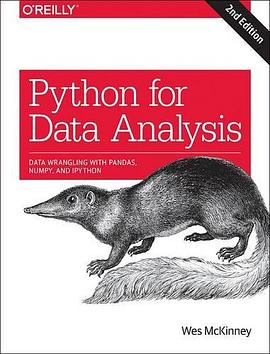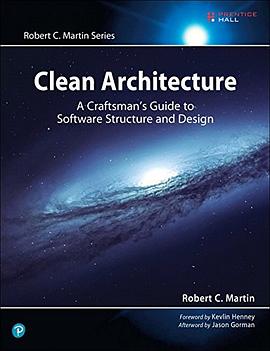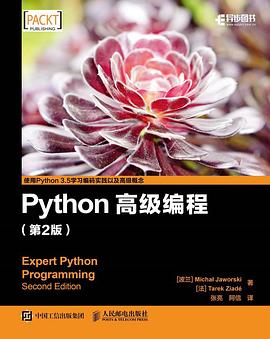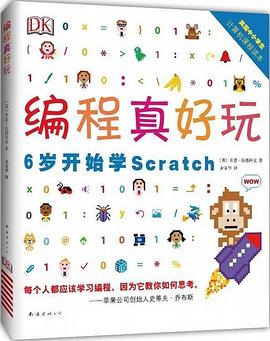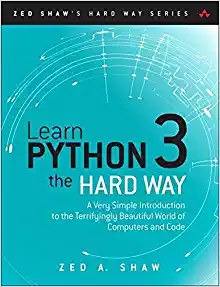
具体描述
Joshua Bloch is a professor at Carnegie Mellon University. He was formerly the chief Java architect at Google, a distinguished engineer at Sun Microsystems, and a senior systems designer at Transarc. He led the design and implementation of numerous Java platform features, including the JDK 5.0 language enhancements and the Java Collections Framework. He holds a Ph.D. in computer science from Carnegie Mellon University and a B.S. in computer science from Columbia University.
The Definitive Guide to Java Platform Best Practices—Updated for Java 9
Java has changed dramatically since the previous edition of Effective Java was published shortly after the release of Java 6. This Jolt award-winning classic has now been thoroughly updated to take full advantage of the latest language and library features. The support in modern Java for multiple paradigms increases the need for specific best-practices advice, and this book delivers.
As in previous editions, each chapter of Effective Java, Third Edition, consists of several “items,” each presented in the form of a short, stand-alone essay that provides specific advice, insight into Java platform subtleties, and updated code examples. The comprehensive descriptions and explanations for each item illuminate what to do, what not to do, and why.
The third edition covers language and library features added in Java 7, 8, and 9, including the functional programming constructs that were added to its object-oriented roots. Many new items have been added, including a chapter devoted to lambdas and streams.
New coverage includes
Functional interfaces, lambda expressions, method references, and streams
Default and static methods in interfaces
Type inference, including the diamond operator for generic types
The @SafeVarargs annotation
The try-with-resources statement
New library features such as the Optional<T> interface, java.time, and the convenience factory methods for collections
用户评价
##用某人的O'Reilly Safari账号看技术书籍真是非常愉快。
评分##关于如何写正确的、安全的、易于维护的Java代码指导书。
评分 评分 评分##Creating and Destroying Objects 1, Consider providing static factory methods instead of constructors Pros: Named methods Flexible: not required to create a new object each time invoked. Flexible: can provide an object of any subtype. Cons The class without ...
相关图书
本站所有内容均为互联网搜索引擎提供的公开搜索信息,本站不存储任何数据与内容,任何内容与数据均与本站无关,如有需要请联系相关搜索引擎包括但不限于百度,google,bing,sogou 等
© 2025 book.tinynews.org All Rights Reserved. 静思书屋 版权所有

